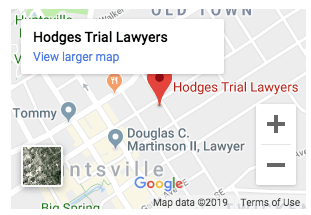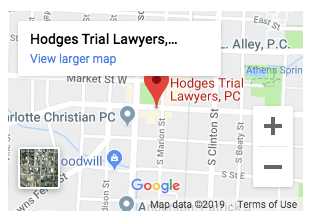Medical exam (Social Security Disability consultative medical exam, or CE) – often times, DDS will want an independent medical examiner to examine you to determine the extent of your injuries. These are done at no cost to the applicant.
On-the-record decisions – This is where the DDS or ODAR will give you a written decision explaining why you do or do not qualify for Social Security disability benefits.
Onset date – This is the date your injuries became so great that you became unable to sustain substantial gainful employment.
Quarters – Your earnings history is broken down into 4 quarters per year for Social Security disability purposes. You need to have paid money into the Social Security Disability Insurance system for 20 of the last 40 quarters to be eligible to receive SSD benefits.
Residual functional capacity form, or RFC – What a claimant can do in a work setting in spite of the functional limitations and environmental restrictions imposed by his or her medically determinable impairment(s). RFC is the maximum degree to which the claimant retains the capacity for sustained performance of the physical and mental requirements of jobs. RFC assessment is done by SSA decision makers.
RSDI (Retirement, Survivors, Disability Insurance) – What a claimant can do in a work setting in spite of the functional limitations and environmental restrictions imposed by his or her medically determinable impairment(s). RFC is the maximum degree to which the claimant retains the capacity for sustained performance of the physical and mental requirements of jobs. RFC assessment is done by SSA decision makers.
SSD (Social Security Disability) – Social Security Disability pays only for total disability. Partial or short-term disability is not covered under Social Security Disability.
SSDI – Social Security Disability Insurance pays benefits to a disabled person if they are “insured” meaning that he/she worked long enough and paid Social Security taxes.
SSI – Supplemental Security Income is a program that pays benefits to disabled adults and children who have limited income and resources.
Substantial gainful activity, or SGA – The term “substantial gainful activity” is used to describe a level of work activity and earnings. Work is “substantial” if it involves doing significant physical or mental activities, or a combination of both. “Gainful” work activity is either of the following: A. Work performed for pay or profit; B. Work of a nature generally performed for pay or profit; or C. Work intended for profit, whether or not a profit is realized.
Disability Terminology Part 3
October 31, 2013


